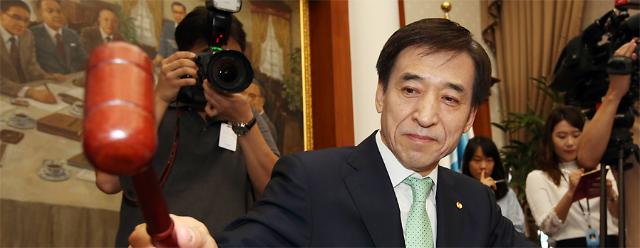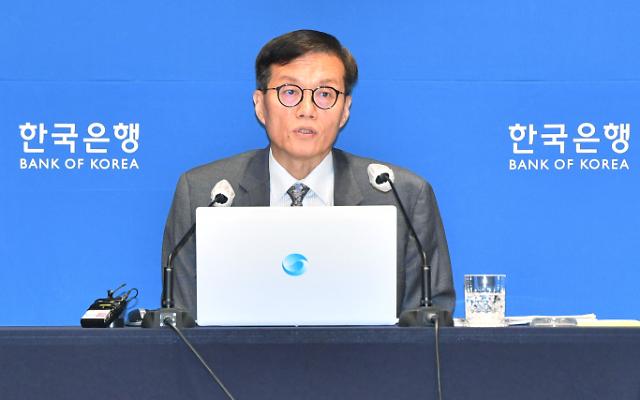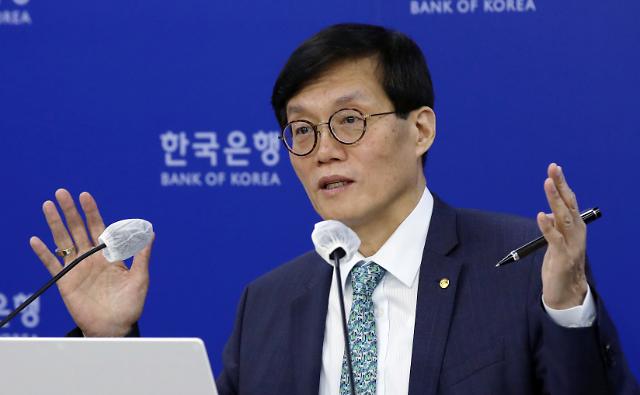
The central bank made the cut after keeping the benchmark seven-day repo rate on hold at 2.50 percent for 14 straight months.
The decision came in a monthly meeting of the Bank of Korea’s (BOK) Monetary Policy Committee.
Following is a translation of the full text of a statement the BOK issued after the meeting.
“Based on currently available information the committee considers that, although the trend of economic recovery in the United States has been sustained, the euro area economic recovery still appears weak, while trends of economic growth in emerging market countries have differed from country to country. The committee forecasts that the global economy will sustain its modest recovery going forward, centering around advanced economies, but judges that the possibility exists of its being affected by the changes in global financial market conditions stemming from the shift in the U.S. Federal Reserve’s monetary policy stance, by the weakening of economic growth in some emerging market countries and by geopolitical risks.
“In Korea, exports have maintained their buoyancy but the Committee judges that improvements in domestic demand, which had contracted due mainly to the impacts of the Sewol ferry accident, have been insufficient, and that the consumption and investment sentiments of economic agents also continue to show sluggishness. On the employment front, the scale of increase in the number of persons employed has expanded in line with increases in the 50-and-above age group and in the service sector. The committee expects that the negative output gap in the domestic economy will gradually narrow going forward, although its pace of narrowing will be moderate.
“Consumer price inflation fell from 1.7 percent the month before to 1.6 percent in July, due mainly to increases in the extents of decline in the prices of agricultural and petroleum products. Core inflation excluding agricultural and petroleum product prices rose slightly to 2.2 percent, from 2.1 percent in June. The committee forecasts that inflation will gradually rise, but judges that for the time being inflationary pressures will not be high. Housing prices in the country excluding Seoul and its surrounding areas showed a slight upward movement, while leasehold deposit prices both in Seoul and its surrounding areas and in the rest of the country continued their modest uptrends.
“In the domestic financial markets, after having risen substantially owing chiefly to the government’s announcement of economic policies, stock prices have fallen back somewhat due for example to geopolitical risks. The Korean won has depreciated under the influence of the U.S. dollar’s strength globally, and long-term market interest rates have fallen.
“Looking ahead, the committee will conduct monetary policy so as to keep consumer price inflation within the inflation target range over a medium-term horizon while supporting the recovery of economic growth. In this process it will closely monitor external risk factors such as shifts in major countries’ monetary policies, changes in economic agents’ sentiment and movements of future economic indicators including the household debt trend, while observing the effects of this month’s base rate cut and the government’s economic policies.”




![[Weekly Stock Market] Investors to focus on BOKs interest rate decision](https://image.ajunews.com/content/image/2023/02/19/20230219023158359153.jpg)